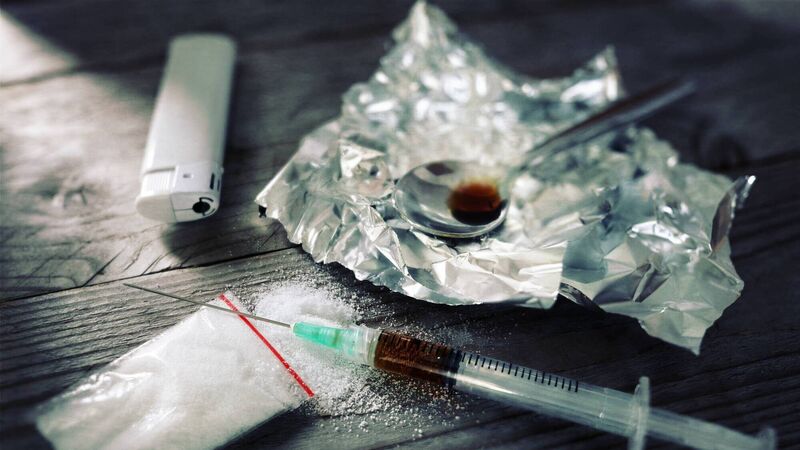Bill to criminalise recruitment of children by drug gangs will not solve problem, Dáil told

About 1,000 children under the age of 17 are constantly at risk of being recruited and used by criminal networks across the country, according to a national survey of Garda juvenile liaison officers that was carried out in 2020.
A bill which criminalises the recruitment of children into criminal gangs will not solve the issue alone, the Dáil has been told.
TDs on Thursday resumed a debate on the Criminal Justice (Engagement of Children in Criminal Activity) Bill 2023, which proposes a five-year prison sentence for those who groom children into crime.














